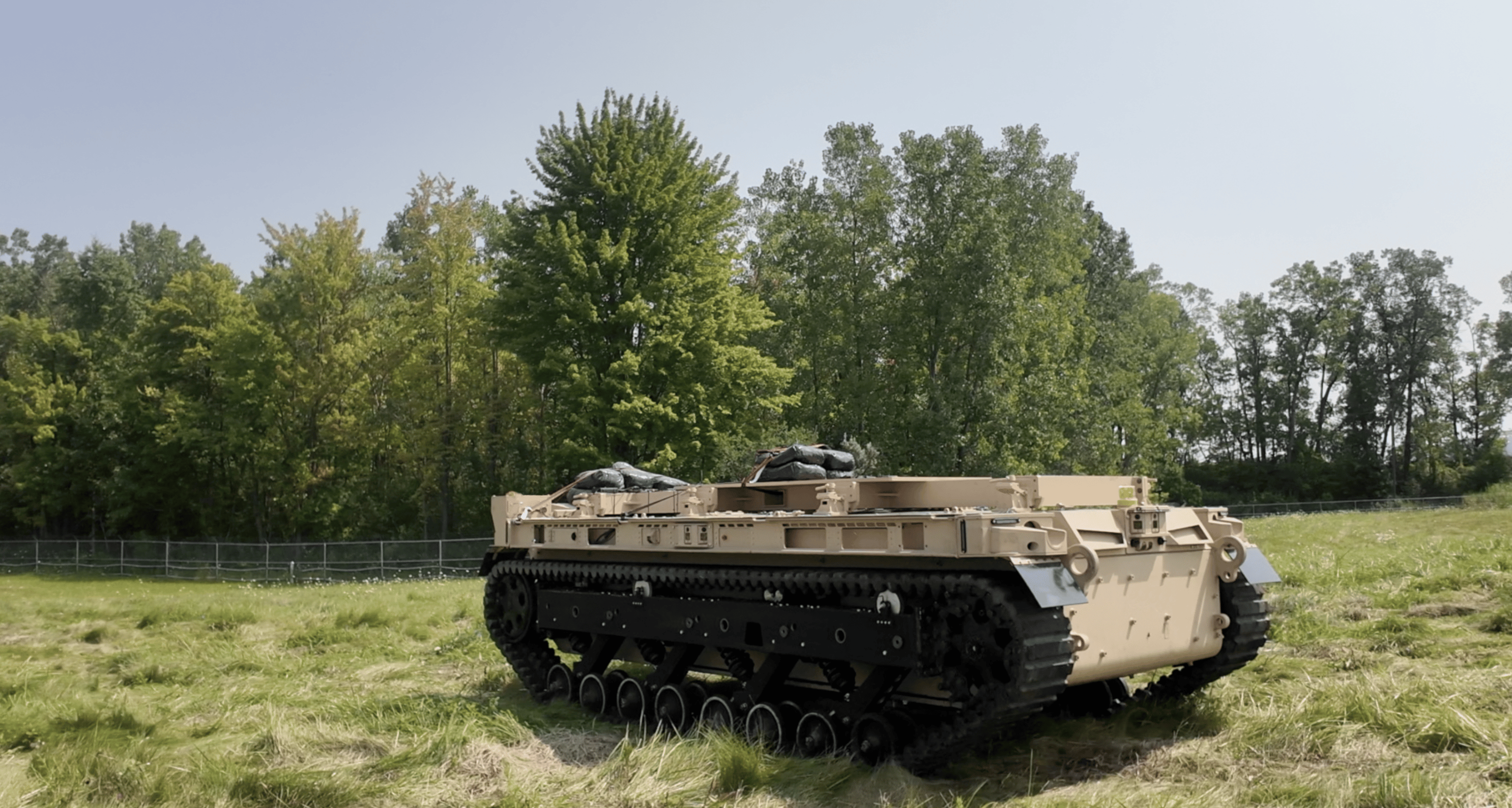BS EN 12663-1 Structural Fatigue Testing for Railborne Military Vehicles
The British Standard (BS) and European Norm (EN) 12663-1 is a widely recognized standard that specifies the requirements for structural fatigue testing of railborne military vehicles. This service ensures that the materials, components, and assemblies used in these vehicles meet stringent durability standards necessary to withstand the rigors of operational environments.
Railborne military vehicles must endure extreme conditions including harsh weather, high speeds, and varying terrain. Structural fatigue is a critical concern as it can lead to premature failure under repeated loading cycles. The BS EN 12663-1 test method provides a standardized approach to evaluate the structural integrity of these vehicles over time.
The testing process involves simulating real-world operational conditions through controlled laboratory environments. Specimens are subjected to repetitive stress cycles that mimic field usage, allowing for early detection of potential failure modes. This comprehensive evaluation ensures compliance with stringent military specifications and enhances overall vehicle reliability and safety.
Our team of experts uses advanced test equipment capable of generating precise, repeatable loading conditions. We employ sophisticated monitoring technologies to capture detailed data on stress levels and deformation during each cycle. This enables us to provide accurate assessments based on empirical evidence rather than assumptions or estimates.
The BS EN 12663-1 standard also emphasizes the importance of selecting appropriate test frequencies and durations, taking into account factors such as expected service life, mission profiles, and environmental exposures. By adhering strictly to these guidelines, we ensure that our tests are both thorough and relevant to actual usage scenarios.
Our laboratory follows all relevant sections of BS EN 12663-1 meticulously, ensuring consistency with international best practices. This commitment to quality control guarantees reliable results that can be trusted by decision-makers across various sectors including defense manufacturing, research institutions, and government agencies.
In summary, our BS EN 12663-1 structural fatigue testing service provides critical insights into the performance capabilities of railborne military vehicles. By leveraging this standard’s rigorous criteria, we help clients achieve higher levels of confidence in their product designs while complying with industry standards.
Applied Standards
The BS EN 12663-1 structural fatigue testing methodology is designed to assess the resistance of structural components against cyclic loads. This standard aligns closely with international norms such as ISO 10854 and ASTM E976, which also focus on evaluating material properties under repeated stress conditions.
Specifically tailored for railborne military vehicles, this testing protocol considers various aspects including:
- Material type
- Type of load application (e.g., dynamic vs static)
- Spectrum of loading frequencies and amplitudes
- Expected service life and mission profile
The test setup typically involves placing the specimen on a fatigue testing machine capable of replicating realistic operational conditions. Loading parameters are carefully adjusted to reflect the expected usage patterns, ensuring that the results accurately represent real-world performance.
A key aspect of this standard is the emphasis placed on data collection and analysis throughout the testing process. Continuous monitoring allows us to track any signs of fatigue damage or degradation, providing valuable information about the material's durability.
Eurolab Advantages
At Eurolab, we pride ourselves on offering unparalleled expertise in military vehicle testing. Our state-of-the-art facilities are equipped with advanced instrumentation and software solutions that enable precise and accurate fatigue tests according to BS EN 12663-1.
Our experienced technicians possess deep knowledge of the standard’s requirements, allowing us to deliver consistent results every time. This consistency is crucial when making important decisions about design modifications or material selection.
We offer a range of additional services that complement our fatigue testing capabilities:
- Material characterization
- Non-destructive evaluation techniques
- Cycle-life prediction modeling
- Failure analysis
In addition to technical excellence, we emphasize excellent customer service. Our team is dedicated to understanding your specific needs and ensuring that the testing process meets all expectations.
By choosing Eurolab for your BS EN 12663-1 structural fatigue testing requirements, you gain access to a full spectrum of support services designed to enhance product reliability and performance.
Customer Impact and Satisfaction
- Enhanced Product Reliability: By subjecting our clients’ products to rigorous fatigue testing, we help identify potential weaknesses early in the development process. This proactive approach ensures that only robust designs reach production.
- Compliance Assurance: Ensuring compliance with international standards like BS EN 12663-1 helps avoid costly delays due to non-conformance during regulatory reviews or audits.
- Informed Decision-Making: Comprehensive test reports provide detailed insights into how your product will perform under various conditions, enabling informed decisions regarding design improvements and material choices.
- Improved Reputation: Demonstrating adherence to high-quality standards enhances the reputation of both manufacturers and end-users, fostering trust within the industry.
Our customers consistently report increased confidence in their product offerings following successful completion of our fatigue testing services. This enhanced reliability translates directly into better market acceptance and ultimately higher customer satisfaction.





